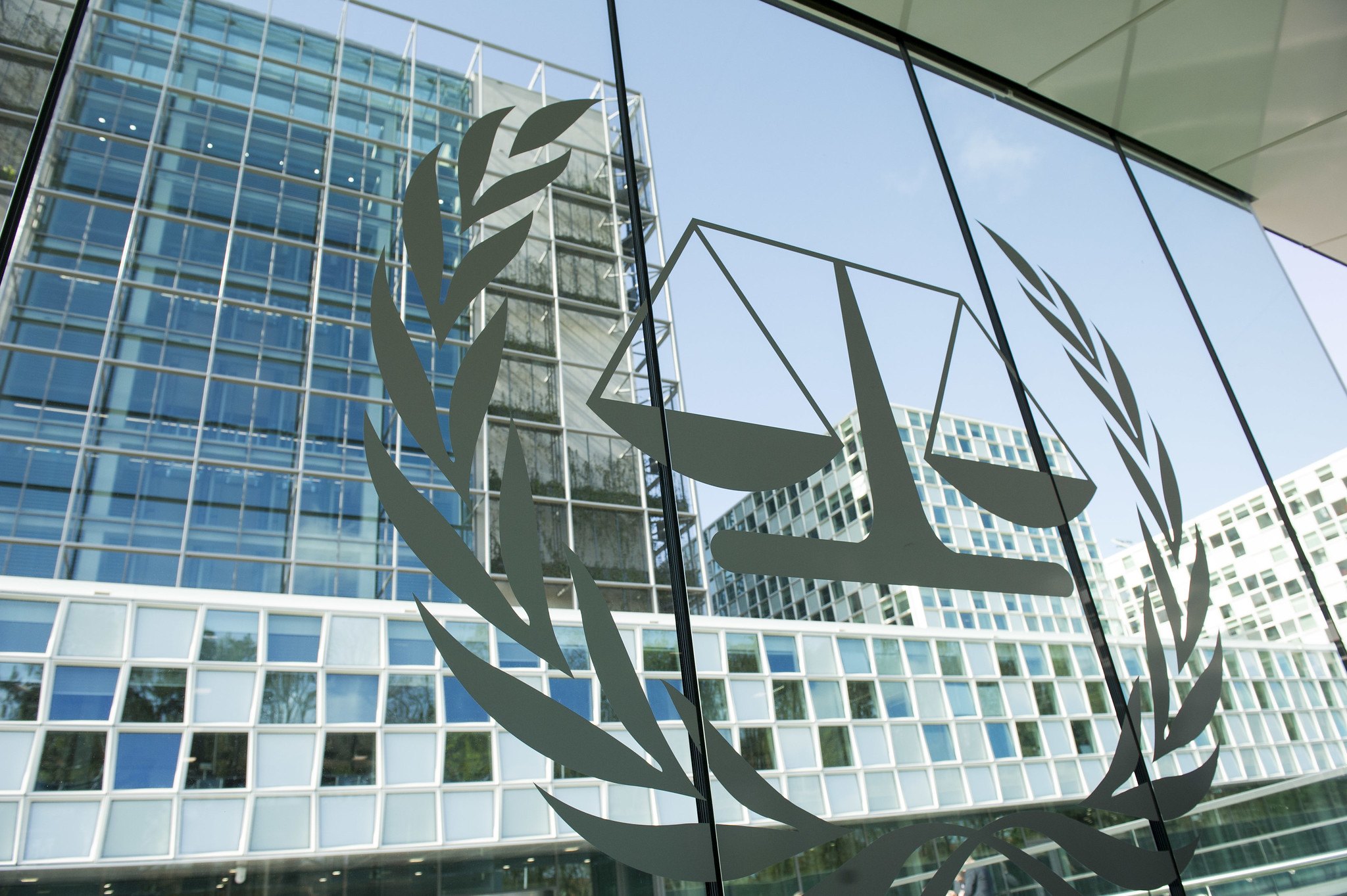In a surprising development, the Obama Administration today filed an
amicus brief in the Kiobel case in partial support of Shell Oil, arguing that the Alien Tort Statute should not be applied to allow a cause of action that "challenges the actions of a foreign sovereign in its own territory, where the defendant is a foreign corporation of a third country that allegedly aided and abetted the foreign sovereign's conduct." [Note: To be clear, the U.S. brief is in "partial support of affirmance" of the Second Circuit's decision, on the ground that the ATS should not be applied extraterritorially in this case. The U.S. continues to urge reversal of the Second Circuit's holding that the ATS does not apply to corporations.]
The brief does not argue categorically that the ATS should never be applied extraterritorially to torts that occur in foreign countries. The brief states that “This office is informed by the Department of State that, in its view, after weighing various considerations, allowing suits based on conduct occurring in a foreign country in the circumstances presented in
Filartiga [which involved an ATS suit against a former Paraguayan official who had settled in the US] is consistent with the foreign relations interests of the United States, including the promotion of respect for human rights. For this reason, and because Congress has created a statutory cause of action for the conduct at issue in
Filartiga, there is no reason here to question the result in that case.” The U.S. brief also leaves open the possibility that the ATS could be applied to U.S. nationals or U.S. corporations.
Of considerable note, the State Department apparently declined to sign the brief (which is signed only by Justice Department officials), even though the State Department had signed the earlier USG brief in Kiobel (in which it argued in favor of liability for Shell), and even though the State Department has signed all previous USG briefs in ATS cases.
In its introductory "Statement of Interest," the U.S. Government brief states that the United States has an interest in the proper application of the ATS because such actions can have implications for the Nation’s foreign relations,
including the exposure of U.S. officials and nationals to exercises of jurisdiction by foreign states, for the nation's commercial interests, and for the enforcement of international law." (Emphasis added.)
The brief closes by arguing that in any ATS cases, "doctrines such as exhaustion and forum non conveniens should be applied at the outset of the litigation and with special force. Particularly where the nexus to the United States is slight, a U.S. court applying U.S. law should be a forum of last resort, if available at all."
Bottom line: The Obama Administration has backed off arguing that foreign corporations should be held liable under the ATS for aiding-and-abetting torts committed by foreign governments in foreign countries, but has preserved the argument that the ATS may apply to some extraterritorial conduct by foreign government officials, and potentially by U.S. nationals and corporations. The brief partially re-aligns the U.S. position with the arguments made by the Bush Administrations regarding extraterritorial application of the ATS, with the briefs filed by foreign governments, and with the concerns of the Department of Defense.



.jpg?sfvrsn=4c0f5277_5)

